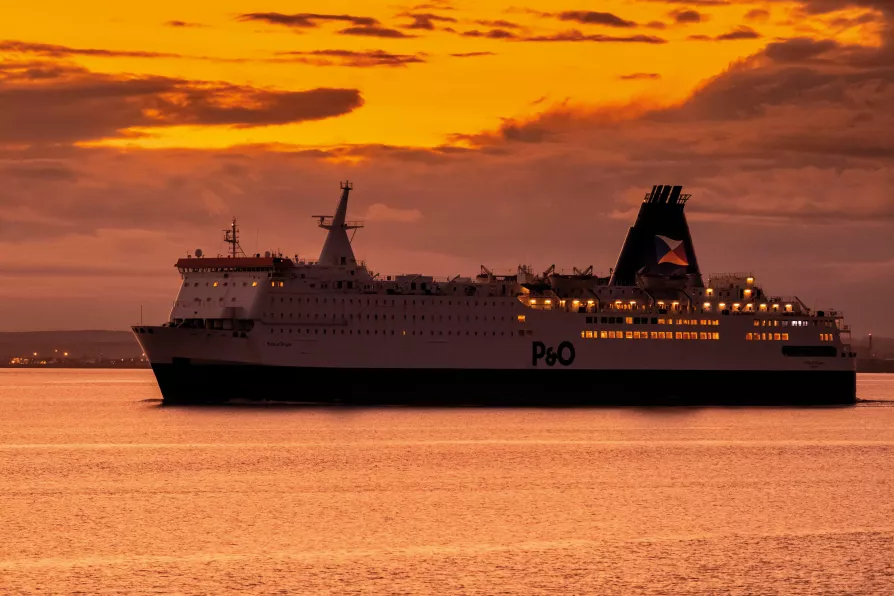RAMZY BAROUD offers six reasons why Netanyahu is prolonging conflict in the Middle East
After P&O the government needs to do more for seafarers
To close employment law loopholes and build a fairer ferries industry, we need new legislation that ups the legal penalties to ensure no company can buy its way out of consultation with the unions again, writes MARK DICKINSON

 [Neil Terry Photography]
[Neil Terry Photography]
MARCH 17 2022 is a day that will live in infamy in the history of the British maritime industry.
This is the date on which 800 loyal and dedicated British seafarers were discarded by P&O Ferries without any regard for them, their families and their communities.
A once renowned company saw its reputation shattered in the space of a three-minute Zoom call.
Similar stories

MARTYN GRAY asks TUC congress to endorse measures that would help stop the present exploitation of seafarers

Falling short of what was promised: many of the new rights in the Employment Rights Bill have defects or escape loopholes that all need addressing, writes LORD JOHN HENDY KC

The Employment Rights Bill is a vital opportunity to rebalance power between workers and employers. As it passes to the Lords, pressure must be brought to bear to strengthen this key legislation, argues ANDY McDONALD MP











